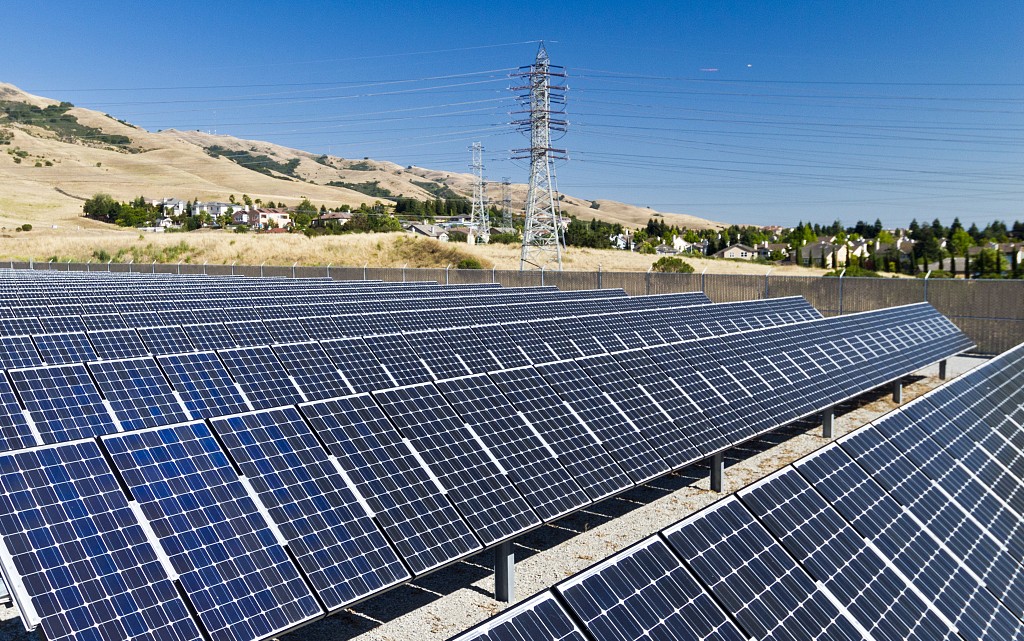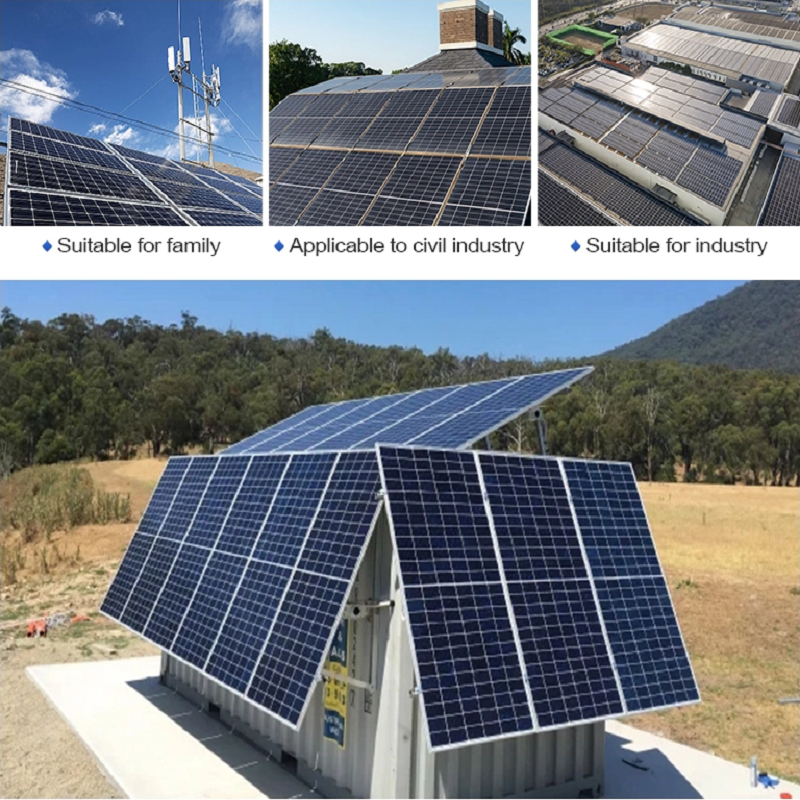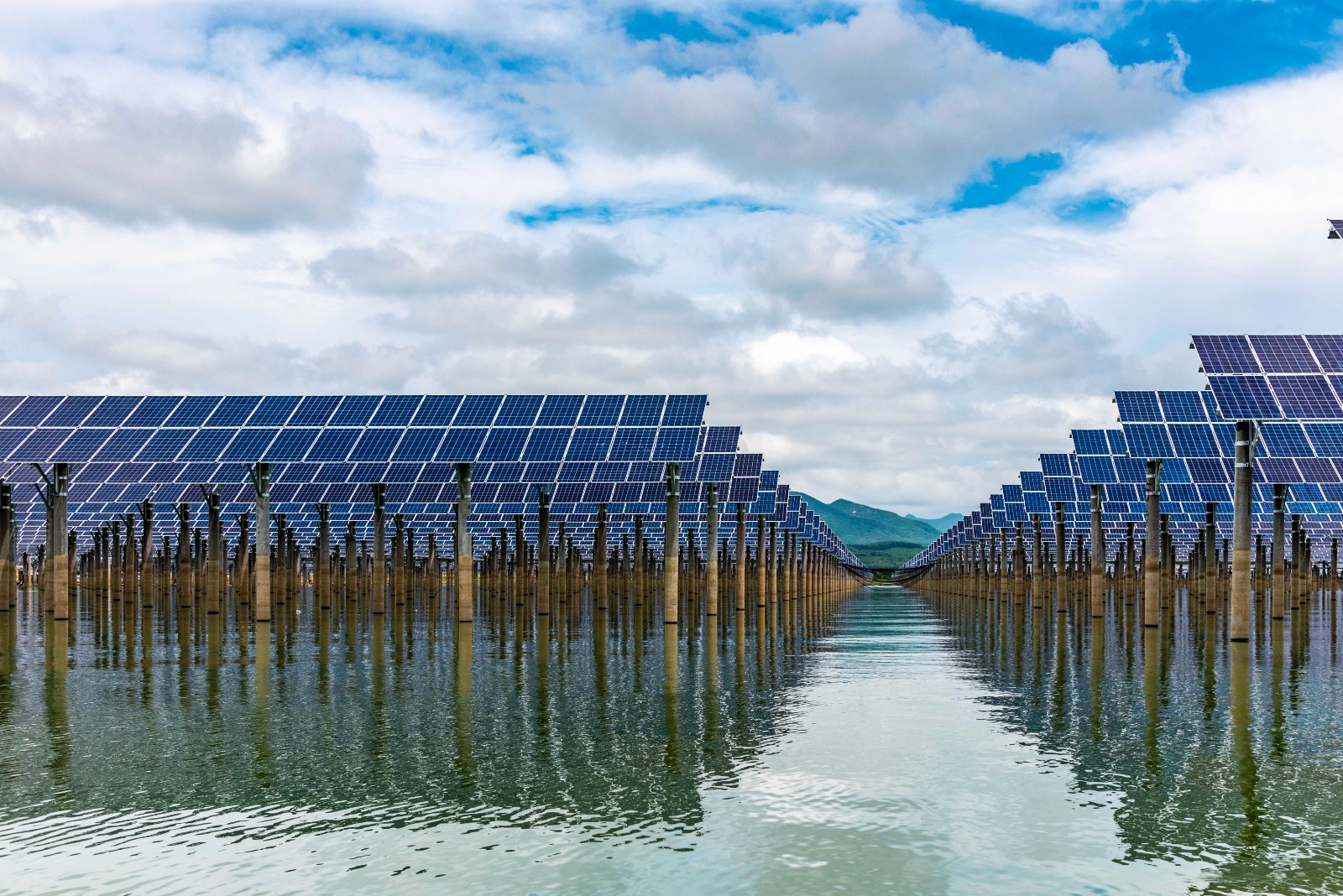Have you ever wondered if you could skip the complex setup and use solar panels to power devices directly? Many small devices can actually run on the direct current (DC) that solar panels produce, potentially eliminating the need for an inverter.
Table of Contents
The Role of Solar Panels and Inverters
Direct Usage of solar Power for small Devices
Connecting Solar Panels to Batteries Without an Inverter
Feasibility of a Solar-Only Powered Home
Summary
Yes, solar panels can indeed power devices directly without an inverter if the devices are compatible with DC power. However, most household appliances require alternating current (AC), and in such cases, an inverter is necessary to convert the DC output from solar panels into usable AC power.
Now, let’s explore how this works and what you need to consider for different types of devices.
The Role of Solar Panels and Inverters
Solar panels are designed to absorb sunlight and convert it into electrical energy, but the electricity they produce is in DC form. Most electrical grids and home appliances are designed to use AC power due to its efficiency over long distances and its safety in household environments. Therefore, to integrate the power generated from solar panels into a typical home or grid, an inverter is crucial.
An inverter is essential for the practical use of solar energy in residential and commercial settings. It functions by converting the DC power generated by solar panels into AC power, aligning the solar energy with the operational standards of modern electrical grids and home appliances. The conversion process involves not only changing the type of current but also precisely adjusting the voltage and current to meet specific energy requirements safely and efficiently. Advanced inverters enhance this process through smart energy management systems that optimize power output based on real-time demand and supply conditions.
Moreover, they play a pivotal role in ensuring the safety and longevity of electrical systems by regulating the power flow, thus protecting appliances and circuits from potential damage caused by power fluctuations. 
Direct Usage of Solar Power for Small Devices
Direct usage of solar power for small devices can be an efficient and environmentally friendly way to utilize renewable energy. Specifically, devices designed to operate on direct current (DC) can be powered directly from solar panels without the need for conversion to alternating current (AC). This includes gadgets like cell phones, portable fans, LED lighting, and even some types of cameras and personal electronics.
To achieve this, solar panels need to be paired with the correct voltage ratings to match the device requirements. Utilizing DC connectors and portable solar chargers simplifies the connection, making it accessible even for non-technical users. These portable solar chargers are designed to be lightweight and compact, making them ideal for outdoor activities such as camping, hiking, or during emergencies when traditional power sources are unavailable.
By bypassing the inverter and avoiding AC conversion, direct solar power use ensures a higher efficiency. This is because the energy losses typically associated with the conversion process from DC to AC are mitigated. As a result, the overall energy consumption footprint of these devices is lowered, enhancing the sustainability of daily electronic usage.

Connecting Solar Panels to Batteries Without an Inverter
Directly charging batteries from solar panels using a charge controller is an effective method particularly suited to environments where AC power is unnecessary. The use of a charge controller in these systems is critical, as it precisely manages the flow of electricity from the solar panels to the batteries, ensuring that batteries charge at the optimal rate and are protected from potential damage caused by overcharging or voltage fluctuations.
Charge controllers come in various types, such as PWM (Pulse Width Modulation) and MPPT (Maximum Power Point Tracking), with MPPT offering greater efficiency in converting solar energy under varying light conditions.
This direct charging method is not only effective for small-scale setups like RVs, boats, and remote cabins but also beneficial in larger off-grid systems that require a reliable power source. In these scenarios, the battery acts as the heart of the system, storing solar energy for use during nighttime or cloudy days.

Feasibility of a Solar-Only Powered Home
While the concept of a solar-only powered home is appealing, particularly for its sustainability benefits, executing it without the use of an inverter presents numerous practical challenges.
The majority of modern home appliances and electronic systems are designed to operate on AC power. Transitioning an entire home to run on DC power would not only involve replacing these appliances with DC-compatible versions but also reconfiguring the entire electrical system of the house, which can be highly costly and disruptive.
Moreover, the intermittent nature of solar energy exacerbates the challenges. Solar panels produce power only when the sun is shining, making the energy supply inconsistent without robust battery storage systems. These batteries would need to be sufficiently large to store enough power to run the household during nights and overcast days. Managing such a system also requires sophisticated monitoring and control to balance the load and storage, ensuring that energy is available when needed.
Given these complexities, while a solar-only powered home is feasible, it typically requires a hybrid setup that includes both solar panels and an inverter, providing a more reliable, efficient, and flexible energy solution.
Summary
Utilizing solar panels without an inverter can be a simple and efficient way to power DC devices directly, offering a greener and potentially cost-effective energy solution. However, understanding the limitations is crucial for properly integrating solar power into your home energy system. For most homeowners, inverters will remain an essential component of solar installations, ensuring that the solar power generated can be used effectively across a wide range of household appliances.
